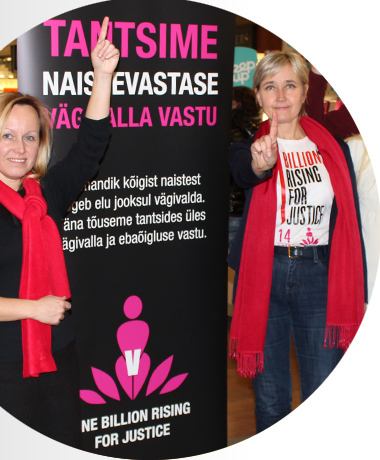Marianne Mikko on CEDAW Articles 7 & 8 Constructive Dialogue with Afghanistan
Friday, 11.07.2025, 20:40 / SEISUKOHAD / RSS
Twenty-one years ago, when Afghanistan’s Constitution was adopted, we witnessed the seeds of progress take root. Women achieved meaningful representation, securing 27% of seats in the Wolesi Jirga, the lower house of
Parliament. I carry with me the profound memory of my mission to Afghanistan in 2012 as a Member of Parliament of Estonia, where I engaged in earnest dialogue with female Afghan parliamentarians. Those conversations—marked by hope and a shared vision for a brighter future—addressed the challenges facing their nation, including the scourge of corruption. Afghan women were active participants in local shuras and community development councils. Constitutional quotas supported women candidates at provincial and district levels. By 2020, women comprised approximately one-fifth of civil servants, with the government taking deliberate steps to expand women’s representation in ministries and diplomatic posts.
However, I need to note that even during this period of progress, women in political life faced relentless threats, intimidation, and violence—particularly in rural provinces. I express concern that cultural barriers, inadequate childcare provisions, restricted mobility, and limited campaign financing constrained broader participation. I must admit that women’s voices in peace processes, including the intra-Afghan negotiations, remained largely ceremonial—a handful of delegates with minimal influence over substantive outcomes.
Since August 2021, I express my deepest concern about the unprecedented and systematic erasure of Afghan women from public and political life. I am gravely disappointed that the Taliban de facto authorities have obliterated every formal mechanism that previously enabled women’s participation in decision-making. I condemn the dismantling of the constitutional guarantee of 27% women’s representation in the National Assembly—enshrined in Article 83 of the 2004 Constitution. I express alarm that Afghan women are now categorically prohibited from holding any public office or participating in governance at any level. I note with grave concern that not a single woman serves in the de facto administration or its affiliated institutions, and that women are forbidden from civil service, barred from seeking elected office, and excluded from all governmental functions.
I emphasize with dissatification that this stands in stark contradiction to our General Recommendation 40, which underscores the imperative of parity—that women must participate equally with men in decision-making at every level of governance. The principle is clear: 50:50 representation. I express deep concern that the Afghanistan Gender Index reveals women are realizing merely one-sixth of their full potential to make choices and access
opportunities—statistically: a mere 17%.
I am particularly concerned about the complete exclusion of women from the judiciary. I condemn that all female judges—over 250 before the takeover—have been dismissed or driven into hiding. I express serious concern that women lawyers have had their professional licenses revoked and that courts now operate under Taliban-aligned clerics lacking legal training, who enforce discriminatory interpretations of Sharia law with rigid adherence to gender exclusion. I note with concern that the diplomatic service, too, has been rendered a domain forbidden to women.
Afghan women are systematically excluded from all governance and peace- building structures. I strongly condemn this exclusion, which represents nothing less than the deliberate and systematic erasure of women from
Afghanistan’s political landscape. Thirteen years have passed since my journey to that land of profound beauty and promise. When I close my eyes, I see those majestic mountains rising against endless skies. I feel the warmth of Afghan sunshine and recall the exquisite craftsmanship of the Bukhara carpet I brought home from Kabul—a carpet that now graces my living room as a daily reminder. Each morning, it bears silent witness, urging me never to grow distant from the plight of our sisters, girls and women of Afghanistan.
I emphasize that this cherished reminder cannot absolve the de facto governance of Afghanistan from its fundamental obligation under international law to eliminate all forms of discrimination against Afghan women. I call upon the international community to ensure that the systematic obliteration of women’s rights is neither normalized nor forgotten.
Tags: Afghanistan, cedaw

